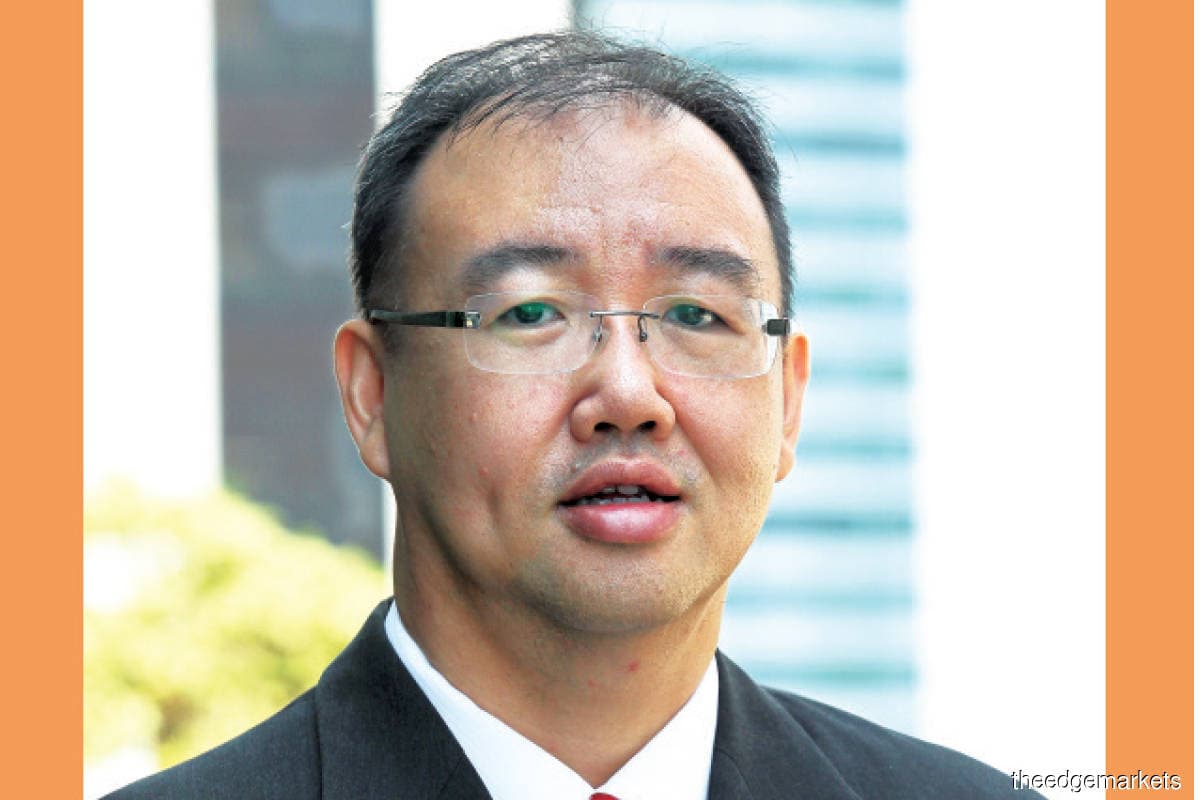
This article first appeared in The Edge Malaysia Weekly on February 27, 2023 - March 5, 2023
CEOs in Malaysia see changes in regulation as chief among factors that could impact the profitability of their business over the next 10 years, a PwC survey shows.
In the consulting firm’s 26th Global CEO survey, conducted in October and November last year, 63% of Malaysian CEOs ranked this as their No 1 concern. Following closely behind were concerns around supply chain disruption (57%), technology shifts (54%), labour/skill shortages (54%) and evolving customer preferences (54%).
Changes in regulation inadvertently increase the cost of doing business, says Soo Hoo Khoon Yean, managing partner at PwC Malaysia. Local CEOs see this as a huge challenge as Malaysian companies tend to thrive on a cost-effective business model.
“If you have always thrived on a cost-effective business model, regulatory changes will inevitably affect you, much more than ever in the current economic climate. The CEOs worry that their business will lose their competitive edge. But, the way I see it, this is part and parcel of the journey for Malaysia, which is transforming out of a low-cost economy towards a higher-income society. So, CEOs who don’t evolve with the times will struggle, but those who can will probably be much more successful,” he tells The Edge in an interview.
In Malaysia, an increasing number of new or tighter regulation is expected, especially around sustainability and climate change, in line with the global trend.
“If you are a progressive [CEO], if you think long term, this is an opportunity for you to evolve,” says Soo Hoo.
“One good example is the minimum wage for employees [which was gazetted in May last year]. Many CEOs see it as a big problem because they’re thinking short term. But if you look at it positively, this is a chance for you to upskill [workers] and move up the value chain and become much more competitive,” he points out.
The minimum wage of RM1,500 per month took effect on May 1 last year for employees with at least five workers in all sectors of the economy. For those with less than five workers, it will kick in on July 1 this year.
Based on news reports, other new regulations that are coming vary from cyber security and data privacy to vaping and smoking.
Soo Hoo notes that CEOs are affected not just by local regulatory changes, but also external ones.
“For example, these days a lot of governments are focusing on increasing domestic investment, and so they encourage local companies to invest at home. The world is moving away from globalisation, to ‘glocalisation’. Inadvertently, this may impact FDI (foreign direct investment). And, if you look at the geopolitical issues between the US, the UK and China … world trade will be somewhat affected. So, the trends are towards nationalistic and protectionist-type regulation, and this could inhibit [opportunities for] export-driven countries or export-oriented businesses. Hence, CEOs are not just looking at local, but also overseas regulations,” he explains.
In the survey, CEOs globally ranked changes in regulation as their No 2 concern (53%), with the top concern being evolving customer preferences (56%). The PwC survey polled 4,410 CEOs in 105 countries and territories.
For Malaysian CEOs, cost is a huge factor. In the survey, 74% of them reported reducing operating costs as a survival strategy — as compared with 52% of CEOs globally — in mitigating potential economic challenges and volatility in the next 12 months.
Respondents in Malaysia were from a range of industries, including financial services, technology, consumer, energy, manufacturing and healthcare.
Shaping how stakeholders think
Another key finding of the survey is that Malaysian CEOs seem to know that their company isn’t prepared for beyond the next 10 years. But, they struggle to balance their time between seeing to daily operations and planning for the future.
“The biggest challenge is not just about what you need to do to strike a balance between the short term and long term, which is the obvious answer, [but] also about influencing your stakeholders to look beyond the short term. I feel there is a need to help shape how the stakeholders — not just shareholders, but also the investment community — think,” says Soo Hoo.
This is necessary because stakeholders tend to focus too much on short-term profits and results, he explains. Investments for the future, such as for environmental, social and governance (ESG) initiatives, will take time to yield results.
“You don’t see the benefits [of those investments] on a tangible basis in the next one to two years. But the CEO who invests in ESG will probably make the company much more sustainable in terms of revenue generation and value creation, five years forward. And the investment community must recognise this and give [due] value to the company,” he says.
“CEOs must be able to spend sufficient time talking not just about the earnings for the year or the quarter, but about the investments they’re making to make sure the company is going to continue to create value five years forward. ”
The onus is also on the boards of companies to evaluate CEOs not just on their ability to drive earnings but also their initiatives to ensure the company has an even chance of succeeding over the longer term.
Save by subscribing to us for your print and/or digital copy.
P/S: The Edge is also available on Apple's AppStore and Androids' Google Play.